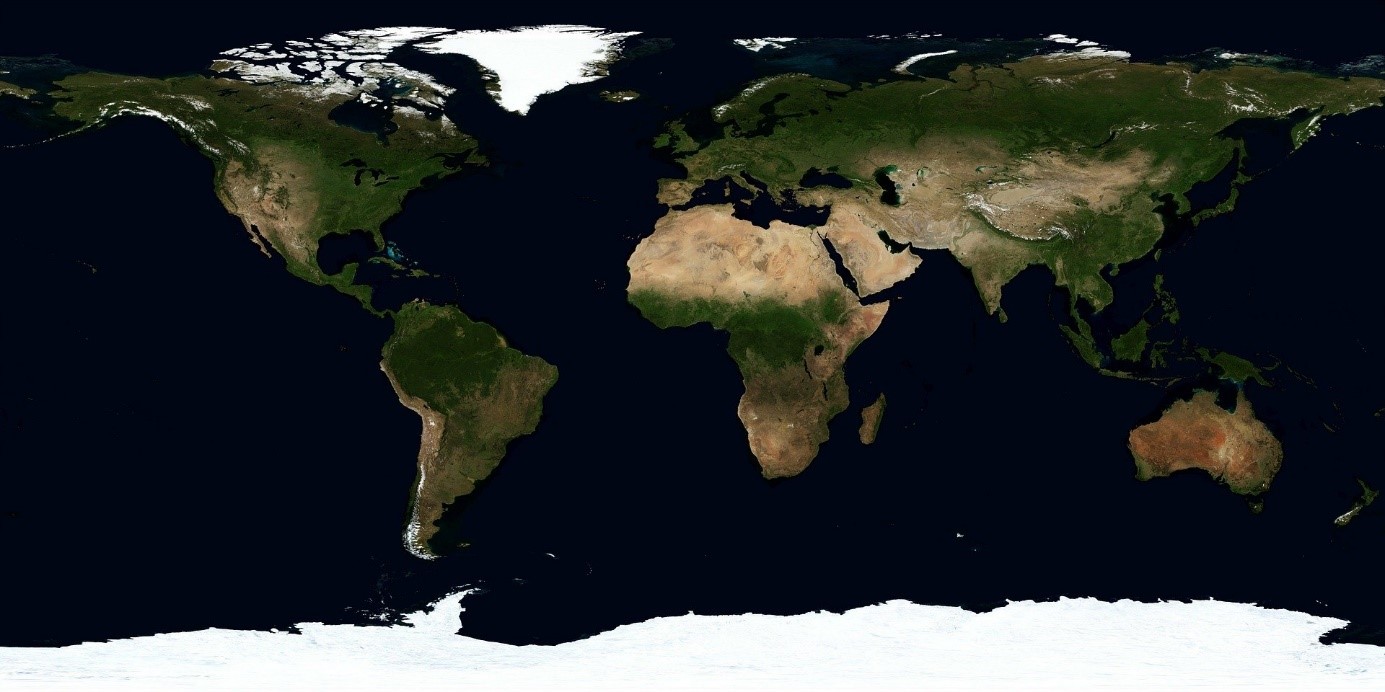Special Economic Zone

1. Legal framework
- Law No. 14/022 of July 7, 2014 establishing the regime of Special Economic Zones (SEZs) in the Democratic Republic of the Congo (DRC). The purpose of this law is to "promote investment through the creation of Special Economic Zones, in accordance with Article 34, point 3 of the Constitution".
- Objectives of the Law:
- To improve the legal and institutional framework likely to attract and preserve national and foreign private investment, with a view to promoting the country’s development;
- Simplify administrative procedures in order to further improve the business climate and attract investment;
- Strengthen mechanisms for the resolution of investment disputes;
- Provide an incentive, transparent and coherent business environment to encourage domestic and foreign private investment that generates growth and employment and increase competition in the Democratic Republic of the Congo;
- Lay down the rules for the organization and operation of the special economic zones, their missions and boundaries;
- Determine the supervisory powers of the Special Economic Zones Agency, including its exclusive and private powers;
- Specify the regime applicable to enterprises that may operate in the special economic zones, except for the tax and customs provisions that will be set out in the Finance Act.
Decree n° 20/004 of 5 March 2020, fixing the advantages and facilities to be granted to investors operating in the Special Economic Zones in the DRC.
- For planners
- Total exemption from property, furniture and business tax on profits for 10 years, renewable once after evaluation;
- 50% reduction of the tax rate set from the 21st year;
- Total exemption from import duties and taxes on machinery, tools and equipment, new or used, capital goods ... for 10 years...
- For companies
- Total exemption from property, furniture and business tax on profits for 5 years, renewable once after evaluation;
- 50% reduction of the tax rate set from the 11th year;
- Application of the exceptional depreciation system;
- Total exemption from import duties and taxes on machinery, tools and equipment, new or used, capital goods... for 10 years;
- Exemption from export duties and taxes on finished products for 10 years...
2. Identified Special Economic Zones:

1. Kinshasa area:
- Erection of the Maluku Pilot Zone (in progress);
- Developer already recruited and contract signed with the Congolese Government and very soon.
- Characteristics of the Maluku SEZ : The Maluku SEZ was created by decree n°12/021 of 16 July 2012. This site has the following characteristics:
- Surface area: 885 ha including 244 ha for the pilot zone;
- Industrial sectors concerned:
- Agro-industry;
- Construction materials;
- Packaging;
- Metallurgical processing
- Located near Kinshasa, a market of more than 12 million inhabitants;
- Good national and international transport connections;
- Located close to the Congo River, which provides access to the vast domestic market;
- Feasibility study: available (estimated cost: +/- USD 170 million).
- Status of the SEZ/MALUKU implementation process
- The Decree granting exemptions to developers and companies that have to develop in the SEZs had just been signed on 5 April 2020;
- The Contract already concluded between the Congolese Government and the developer recruited for the SEZ/MALUKU;
- Soon the launching of the construction works of the infrastructures of the SEZ/MALUKU.
- Procedure for access of private investors to the Special Economic Zone
- For any contact, please contact the Agency for Special Economic Zones (AZES):
- Local 1M7, Immeuble Anciennes Galeries Présidentielles/ Kinshasa-Gombe Email: azesrdc@gmail.com
- Tel: +24315129410 (Office)
- Reasons for investing in the MALUKU SEZ.
- An incentive business climate (presence of a Single Window, presence of banks, simplified tax procedures, territory under customs control);
- Drinking water and electricity supply guaranteed;
- Secured concessions are made available to investors;
- Proximity to downtown Kinshasa, a market of about 15 million inhabitants;
- Good national and international transport connections;
- Potential for the development of an agro-industrial platform for Central Africa;
- Production evacuation routes to assured consumption centers (road, river);
2. Other Areas selected and included in the above map are in search of developers.
- Opportunities to be exploited by investors.
Tweet Partager



